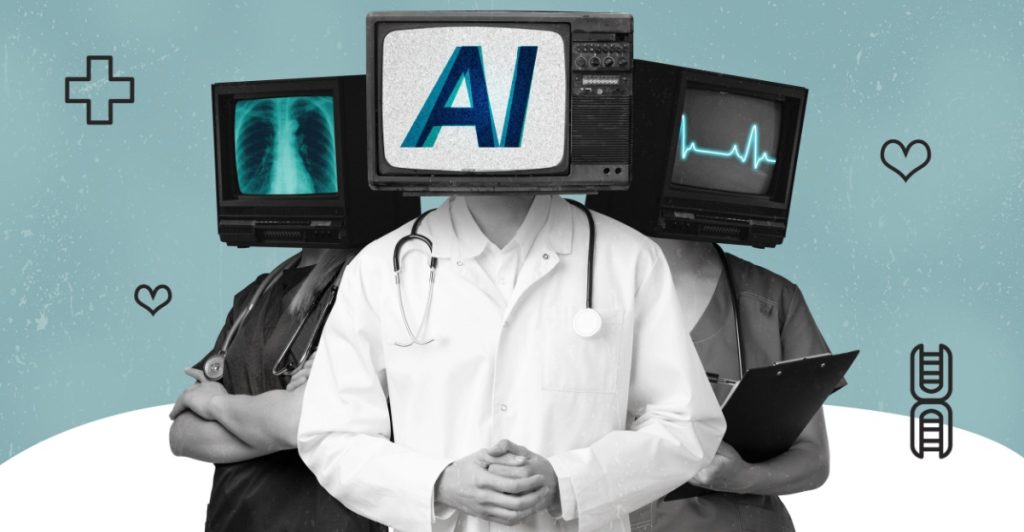Instead of falling down a rabbit hole of possibilities, a GP can help uncover the real issueand it’s usually treatable.
Others are reading now
With NHS wait times climbing and GP availability shrinking, many are turning to the internet for quick health answers. In 2023 alone, nearly 50 million health-related searches were made on Google in the UK, while GP consultations dropped by 30%. The digital age has made medical information accessible, but not always accurate.
Gen Z’s Health Anxiety: A Pandemic Legacy

Having come of age during Covid, Gen Z has inherited a heightened awareness of health risks. Combined with the frustration of 8 a.m. GP appointment scrambles, it’s easy to see why they might turn to their phones instead.
But experts warn that this shift may be fuelling unnecessary fear rather than easing it.
Expert Warning: Easy Access Doesn’t Mean Understanding

Dr Martin Thornton, Chief Medical Officer at Bluecrest, stresses that while the internet offers endless information, it’s not always reliable. “Access doesn’t equal understanding,” he says.
Young people may lack the experience to spot misleading sources, something trained healthcare professionals are equipped to handle.
Also read
Fixated on Worst-Case Scenarios

One major concern is how online symptom checkers can lead users to believe they have serious conditions. Dr Thornton notes that many patients arrive convinced they’re gravely ill, when in most cases, the diagnosis is far less dramatic.
This “catastrophizing” effect is becoming increasingly common.
Pain: From Tense Muscles to Terrifying Misdiagnoses

A simple ache can spiral into panic after an online search. Pain is highly nuanced, ranging from temporary strain to chronic conditions, and often misunderstood. Without context from a doctor, people may either panic needlessly or dismiss something requiring real attention.
Fatigue: More Than Just Feeling Tired

Search “fatigue” and you might stumble upon terrifying results like leukaemia or thyroid failure. But in reality, tiredness is often linked to sleep quality, stress, or nutrition.
Instead of falling down a rabbit hole of possibilities, a GP can help uncover the real issueand it’s usually treatable.
Also read
Itchy Skin and Online Alarm Bells

A quick Google can turn a simple itch into a dire prognosis. Common causes like dry air, allergies, or skin irritants are often overlooked.
Dr Thornton warns that jumping to conclusions can lead to unnecessary worry or worse, the wrong treatment.
Stomach Aches and the Spectrum of Possibilities

Whether it’s indigestion or something more severe, stomach pain has a vast range of causes. Online results rarely offer clarity. Instead, they overwhelm with possibilities, from mild bloating to appendicitis.
When symptoms persist, a professional diagnosis is far more reliable than guesswork.
Coughs, Rashes, and Other Misleading Symptoms

Post-pandemic, even a minor cough can cause alarm. But most are caused by viral infections that resolve on their own. Similarly, skin rashes often look scarier online than they are in reality.
Also read
Misreading these signs without medical input can lead to overuse of antibiotics or missed red flags.
Reframing Health: From Fear to Confidence

Despite the risks of self-diagnosis, people are more health-conscious than ever. Dr Thornton believes this is an opportunity not a crisis.
He encourages using health assessments as tools for empowerment, paired with expert advice to navigate information responsibly and reduce anxiety.


